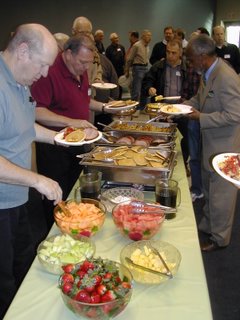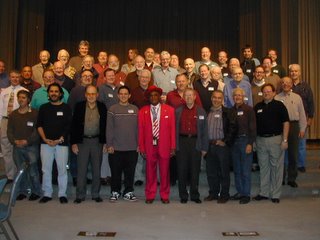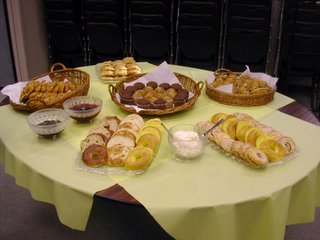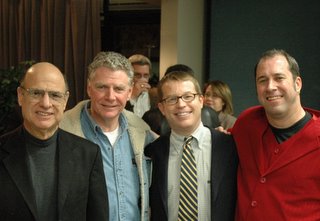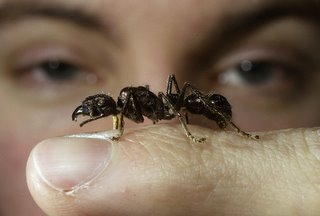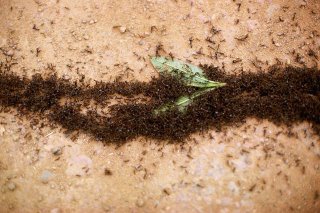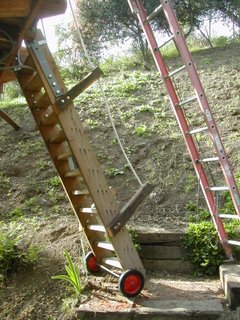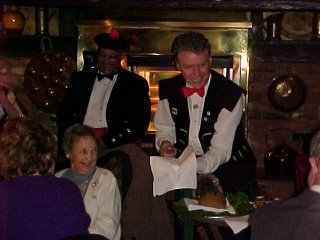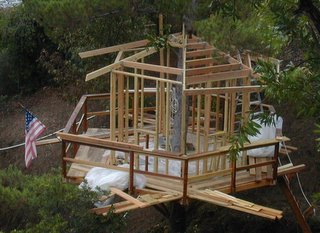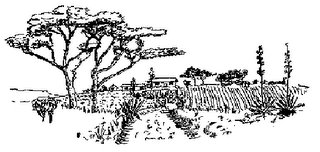
As dentists we are quite familiar with having to deal with pain. Often times, God willing, we are pretty good at it. However, I have to tell you that there are times when what we know and what we have been taught simply isn’t enough. Then we find ourselves using old fashioned remedies and failing treat our patients well. We have a professional title, doctor, which comes from the Latin and means teacher. Literally we are charged to be teachers, and to inform our patients about their clinical choices so that they can make an informed decision to acquiesce and accept treatment alternatives.
Daily I try to remember that, but let's get back to facial and head and neck pain. There are occasions when dentists and physicians, I express it that way because I am tired of the distinction between dentists and doctors which are one and the same, are unable to diagnose the cause of pain, because we are not trained to identify the symptoms correctly. Tragically we discover our errors after a line of root treated teeth have failed to stop the pain.

Fortunately, there are teams of specialists now who can treat the most obscure pains and get relief of symptoms using astonishing new diagnostic tools and treatment modalities which were simply not available until relatively recently. I recently heard Steven Graff-Radford, D.D.S. , Co-Director of The Pain Center at Cedars-Sinai, speaking at the Beverly Hills Academy of Dentistry. Frankly I was blown away and it wasn’t because of his South African accent. He and his team have ways of diagnosing migraine and Tic dolaru and a host of other very nasty conditions including brain and head cancer, and can break it down and find specific treatments that really work. For example, it has been discovered by using M.R,I, (Magnetic Resonance Imaging) and CAT scans (Computed Axial Tomography) that certain patients who complain of blinding pain have an enlarged blood vessel that lies adjacent to a nerve bundle where it exits the base of the skull. In such cases a delicate procedure to displace the blood vessel completely solves the problem. This was never known or even possible before. Needless to say I am really glad to have professional colleagues like Steven and Dr. Victoria Wexley to whom I can refer.

So the point is this. If you, or some one you know has pain in the head or neck give a call, we may be better able to help solve the problem now than we ever were. There are a lot of people who suffer excruciating pain simply because they have given up and don’t think any one can relieve it.








